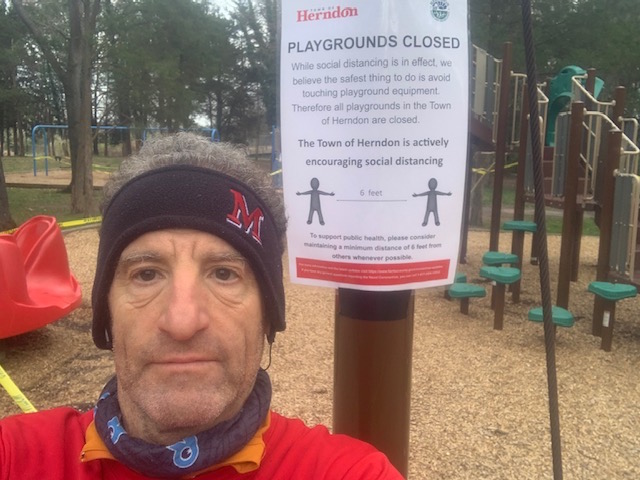
What to do when Furloughed, “let go,” “RIF’d,” while on light duty work status?
When an employer lets ALL of its employees go, is a worker who is under “light duty” restrictions out of luck? Because they were let go for “economic reasons,” rather than her disabling condition from a workplace accident, is there nothing they can do? These are important questions to ABRAMS LANDAU clients, many of whom are working part-time, with “light duty restrictions,” under written limitations and less than pre-injury wage rates.
For example, where an injured claimant found a job at a bowling alley several months ago, she would properly be under an AWARD Order providing for Temporary PARTIAL Disability benefits, paying TWO THIRDS of the difference between her pre-injury wage rate and her current, light duty pay. If she was let go yesterday, one would initially think that she cannot get TTD because she was let go like everyone else, but research suggests otherwise. See, e.g., Carr v. Atkinson/Clark/Shea, 63 Va. App. 281, 756 S.E.2d 191 (2014).
This furloughed employee still has a legal obligation to market her remaining physical abilities. The Virginia Workers Compensation law is VERY strict on this point. The Deputy Commissioners who hear comp cases expect to see weekly logs of the numerous jobs realistically and reasonably sought. Even if you have severe restrictions (i.e., “Sedentary work ONLY: no heavy lifting, no bending, stooping or repetitive hand usage, no reaching overhead, etc.”), you MUST show regular and consistent written evidence of marketing for light work that you can do. A partially disabled worker who has been released to “light duty work,” will be required to “show & tell” what they have done to look for work each and every week that they are seeking wage loss benefits.
In the example above, since she still has impaired capacity due to the injury, one could argue that regardless of economic circumstances, the employer is responsible for her loss so long as he fulfills the marketing obligation.

Furthermore, can this bowling alley worker apply for unemployment if the workers compensation insurance company does not pay without a fight? The short answer is that she should apply for unemployment benefits with the Virginia Employment Commission (“V.E.C.”). Both the V.E.C. AND the Virginia Workers’ Compensation Commission (VWC) will require willingness to look for work, proof of looking for work, and consistent effort. An injured worker furloughed is never on the same standing as those who were furloughed but otherwise able-bodied. She will need to market, but she will have additional proof requirements to show that the inability to find work during the furlough was due to her injury, not the coronavirus. It is our understanding that the employer will not be entitled to a credit for the unemployment benefits.
Note that the insurance defense lawyer in the workers compensation claim can use any statements or filings in the V.E.C. unemployment claim against the injured worker. So, make sure that statements to the authorities are consistent. A partially disabled worker does not want to tell the VEC she was either not hurt on job or was able to do full duty if it’s not true. As Herndon and Oak Hill Workers Comp lawyer Doug Landau notes, “It’s better to have multiple life jackets. At our law firm, we try to have a ‘Plan B,’ because sometimes ‘Plan A’ does not always work. A ‘Plan C,’ especially with the COVID-19 pandemic.”
If you or someone you know or care for has been injured as the result of an accident on the job or while working off site, and there are questions about what laws apply, whether benefits can be received from workers compensation and/or unemployment, e-mail or call us at ABRAMS LANDAU, Ltd. (703-796-9555) at once.
